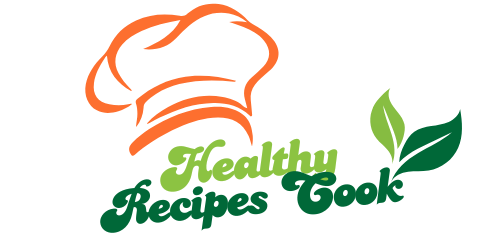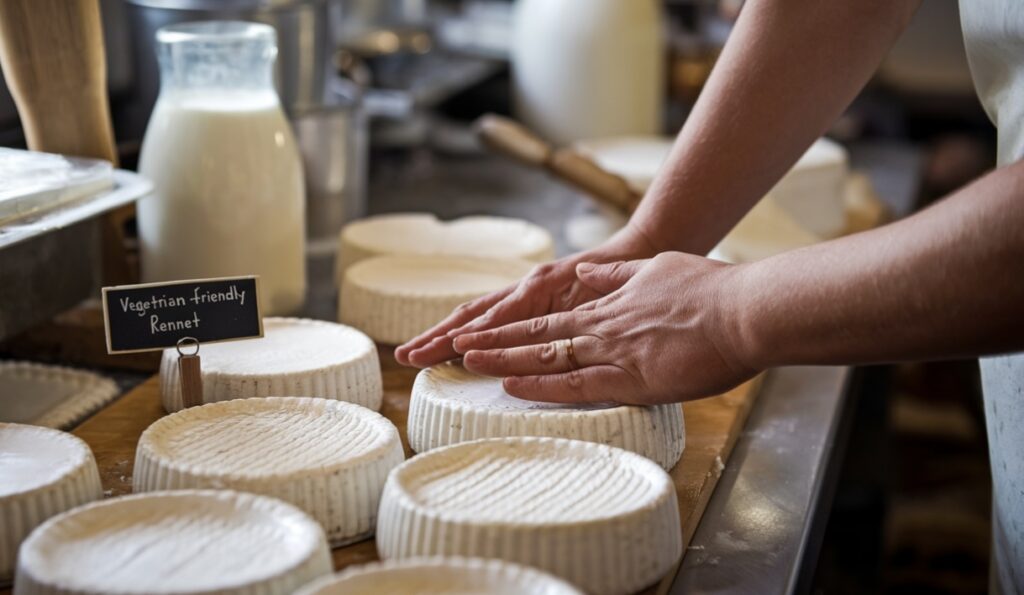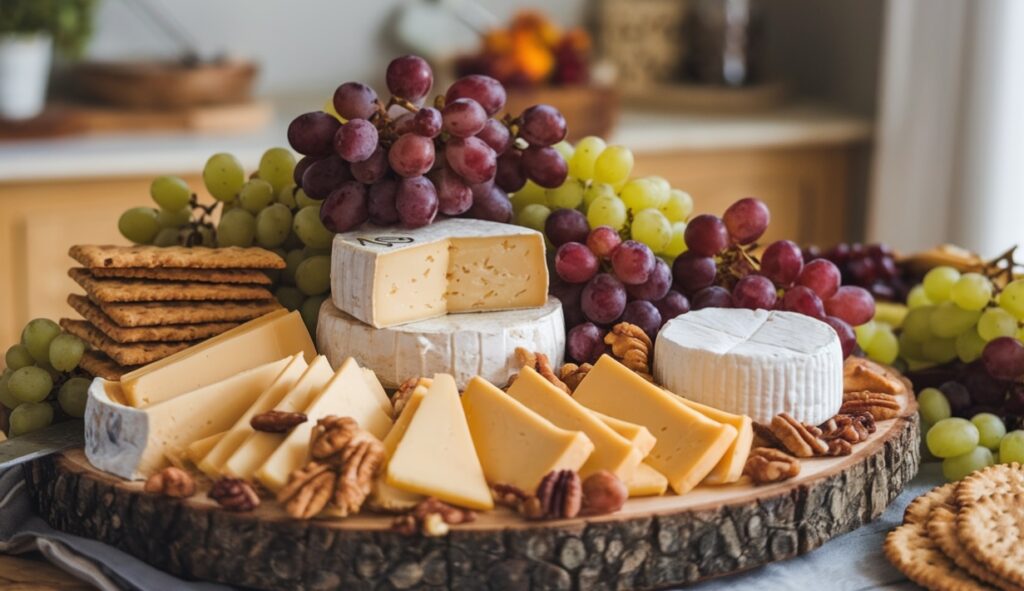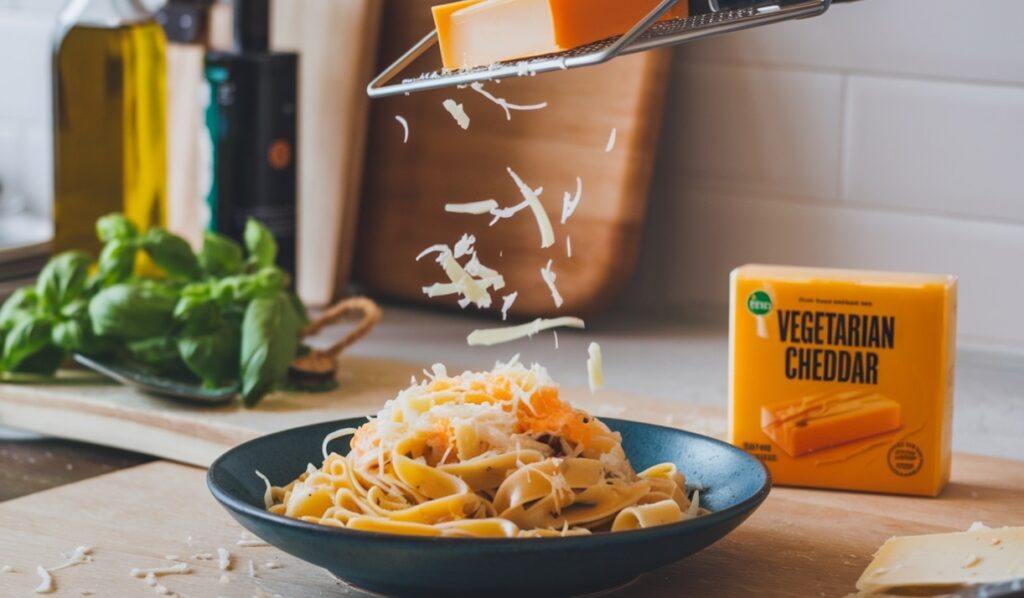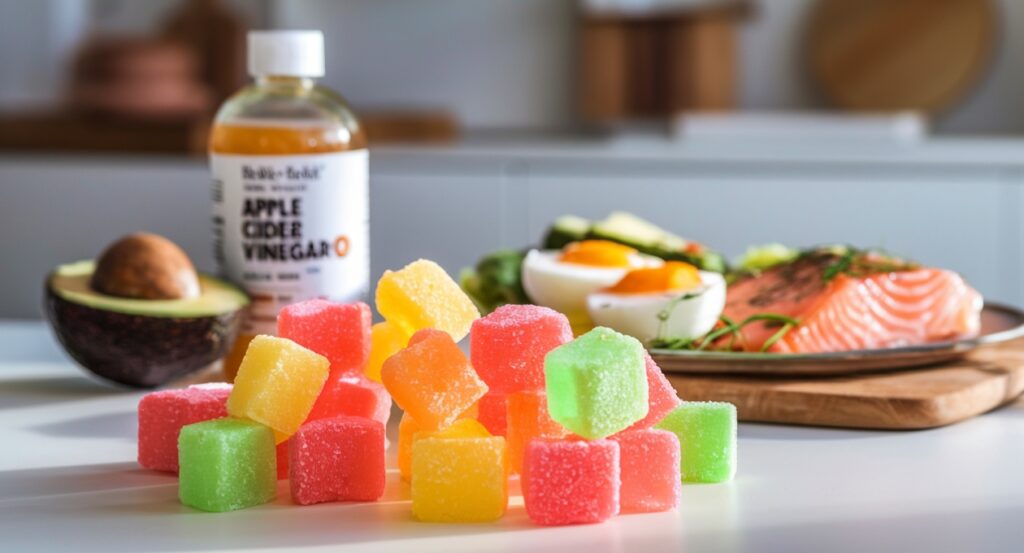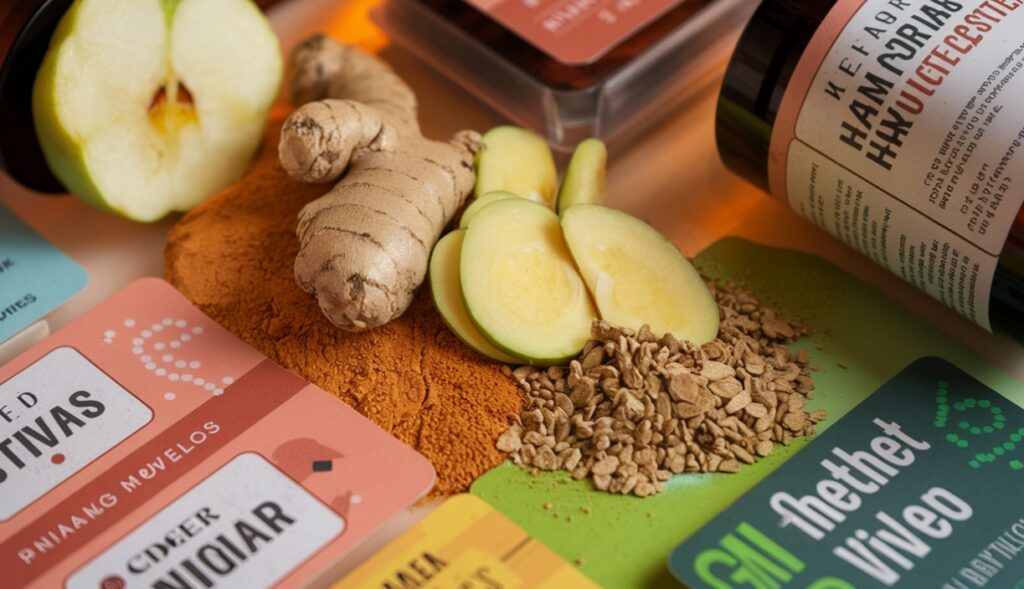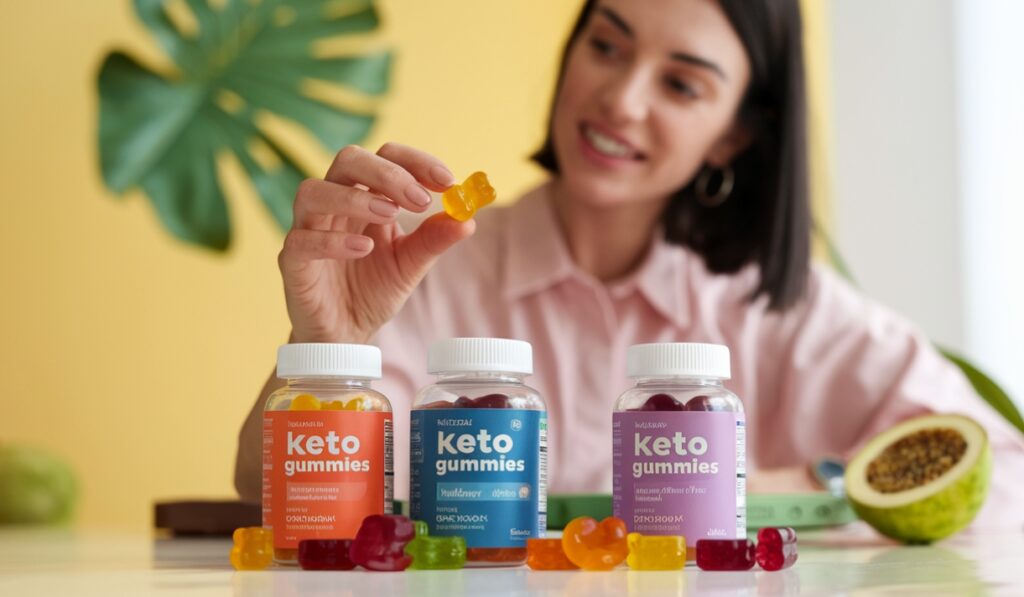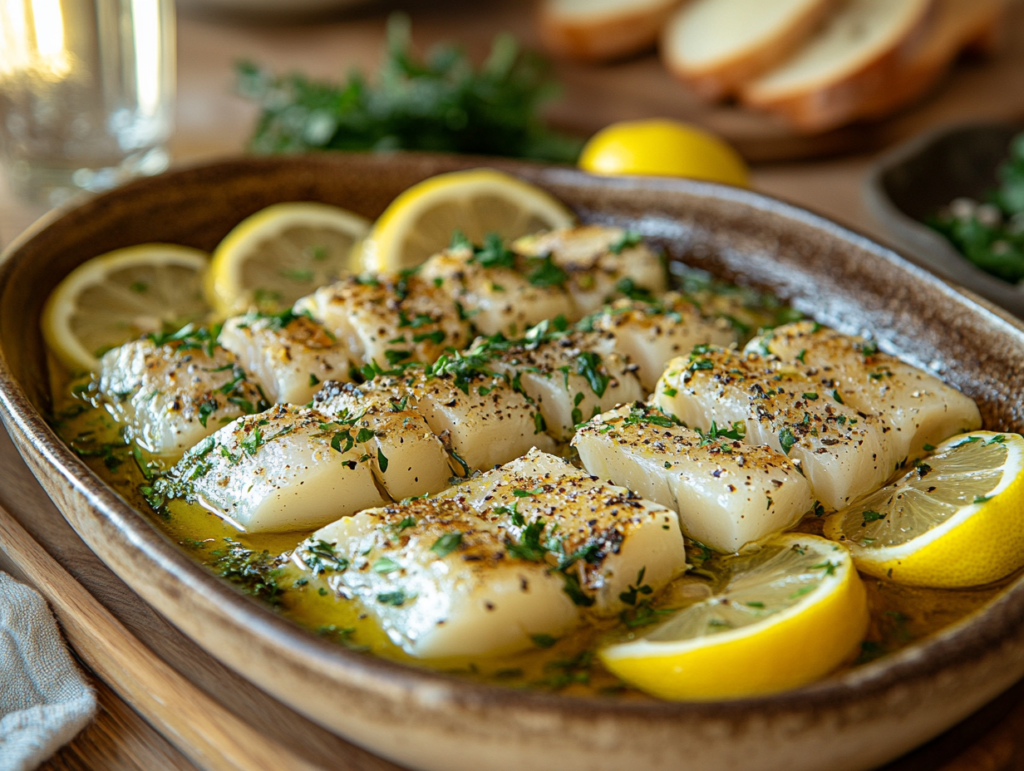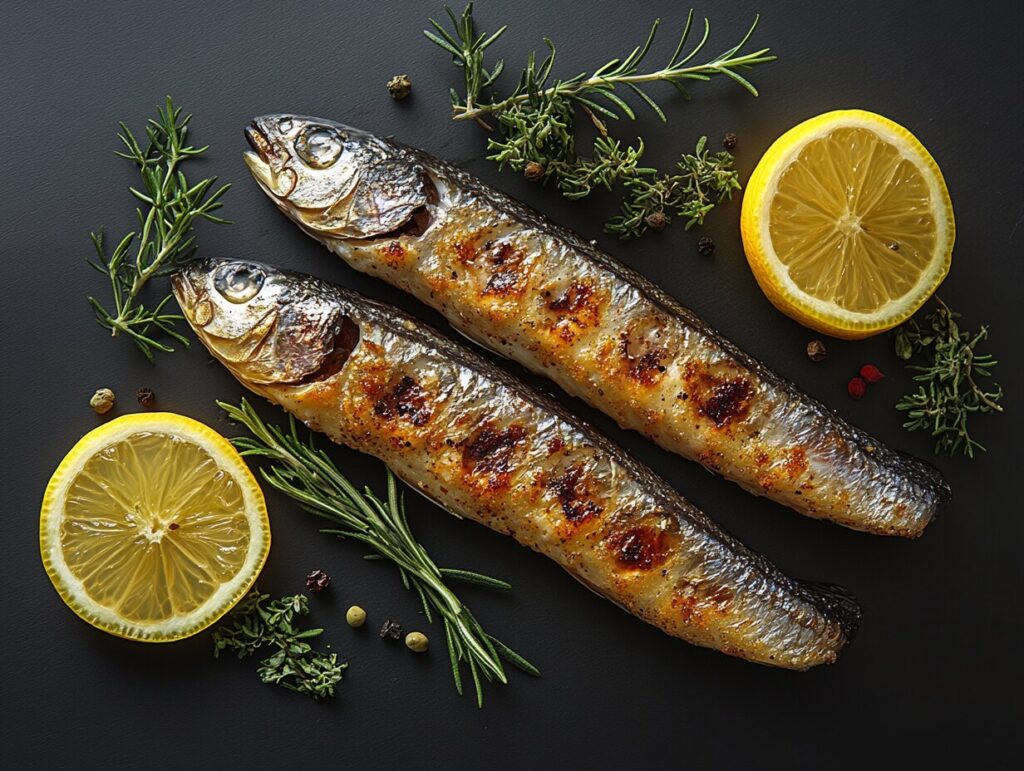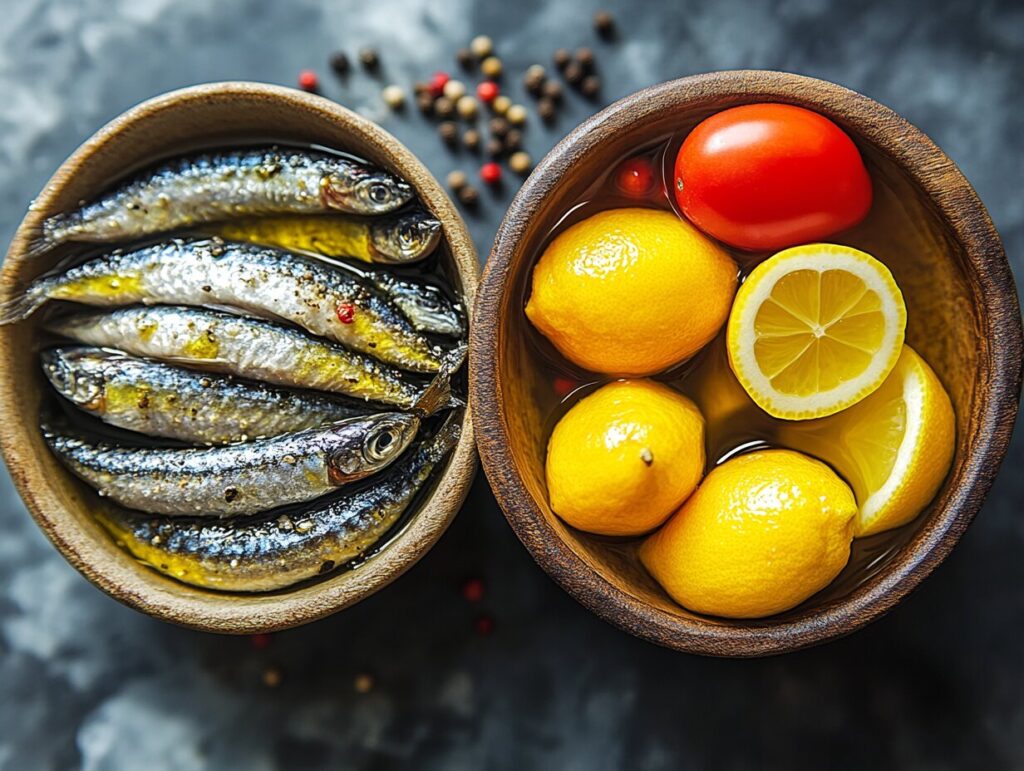When you think of cheese, it’s no surprise that Gouda often tops the list. Not only does its creamy texture and slightly sweet flavor captivate cheese lovers around the world, but it also boasts remarkable versatility in culinary uses. However, if you’re a vegetarian, you might pause and ask yourself—can I eat Gouda cheese? To answer this question thoroughly, we need to delve deeper into the production process of Gouda, as well as most other cheeses. So, let’s take a closer look at the world of Gouda cheese and uncover whether it fits within a vegetarian lifestyle.
Understanding Gouda Cheese
What Is Gouda Cheese?
Gouda cheese traces its roots back to the Netherlands and takes its name from the Dutch city of Gouda, although modern production isn’t confined to this location. This semi-hard cheese is celebrated for its buttery, nutty flavor, which deepens and intensifies with age. Its versatility makes it a go-to choice for a variety of dishes, whether in sandwiches, on cheese boards, or melted into comforting recipes.
What sets Gouda apart is its incredible variety. From smoked and aged to young and herb- or spice-infused, Gouda comes in many forms, each offering a unique taste experience. However, when it comes to vegetarian suitability, not all Gouda varieties are the same.
For those curious about other cheese varieties, check out our detailed guide on everything about vegetarian cheese for more insights.
How Is Gouda Cheese Made?
Cheese-making is a fascinating process that turns simple ingredients—milk, cultures, enzymes, and salt—into a delicious final product. For Gouda, the process typically involves:
- Curdling the Milk: This is done using rennet, an enzyme that helps separate milk into curds (solid) and whey (liquid).
- Shaping the Cheese: The curds are pressed into molds to give Gouda its characteristic shape.
- Aging: Gouda can be aged anywhere from a few weeks to several years. Younger Gouda is softer and milder, while aged Gouda is firmer with a caramel-like flavor.
The use of rennet lies at the heart of the vegetarian debate surrounding Gouda cheese. Specifically, the question arises: is the rennet used in Gouda sourced from animals, or does it come from vegetarian-friendly alternatives? To fully understand this aspect, we need to explore the different types of rennet and how they impact Gouda’s suitability for vegetarians.
The Vegetarian Dilemma
What Makes a Cheese Vegetarian?
For a cheese to qualify as vegetarian, it must avoid using animal-derived enzymes, especially those found in traditional rennet. Rennet, commonly sourced from the stomach lining of calves, plays a crucial role in the cheese-making process by helping milk coagulate. However, since this enzyme is extracted from animals, it’s unsuitable for vegetarians who seek plant-based or microbial alternatives.
However, there are vegetarian alternatives to rennet, such as microbial rennet (derived from fungi or bacteria) and plant-based rennet (from cardoon thistle or fig leaves). Cheeses made with these alternatives are suitable for vegetarians.
Learn more about cheeses that fit vegetarian diets.
The Role of Rennet in Cheese Making
Rennet plays a crucial role in the cheese-making process by coagulating milk to form curds—the foundational component of cheese. Often referred to as the “magic ingredient,” rennet is responsible for transforming liquid milk into the solid, sliceable goodness we associate with cheese. Without rennet, the milk would remain in a semi-liquid state, producing a texture closer to yogurt than the firm and structured consistency of cheese. This indispensable enzyme truly makes the creation of cheese possible.
Animal-Based vs. Vegetarian Rennet
Animal-based rennet comes from the lining of a calf’s stomach, making it a direct by-product of the meat industry. In contrast, vegetarian rennet is produced through alternative methods, such as:
- Microbial Sources: Derived from fungi, bacteria, or yeast, these enzymes mimic the coagulating properties of traditional rennet.
- Plant-Based Sources: Extracted from specific plants like thistle, nettle, or fig leaves that naturally produce enzymes capable of curdling milk.
- Genetically Engineered Rennet: Created by inserting rennet-producing genes into microbes, resulting in a vegetarian-friendly enzyme that performs like traditional rennet.
These options ensure that vegetarians can enjoy cheese without compromising their dietary principles :
- Microbial: Produced using molds or bacteria.
- Plant-Based: Derived from plants with coagulating properties.
The type of rennet used can vary from brand to brand and even batch to batch, so determining whether a specific cheese is vegetarian requires careful attention to labels.
Gouda Cheese: Vegetarian or Not?
Traditional Gouda and Rennet Usage
Traditionally, Gouda cheese relies on animal-based rennet, which makes it unsuitable for vegetarians. This is particularly common with artisanal and imported varieties, where cheese makers often prioritize traditional methods to preserve authenticity and flavor. These practices, while honoring centuries-old techniques, can pose a challenge for vegetarians seeking Gouda that aligns with their dietary preferences.
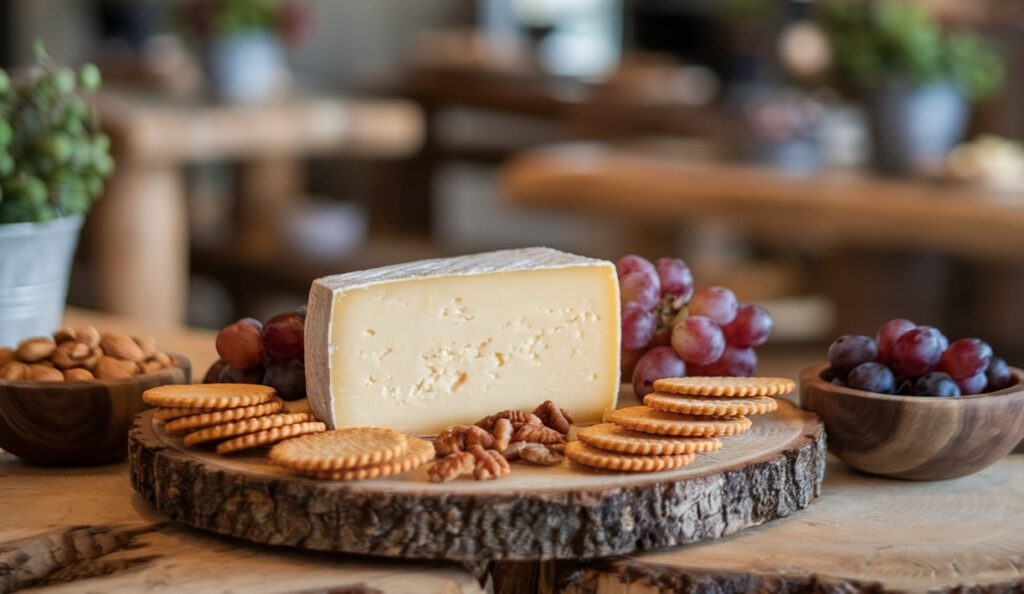
Vegetarian-Friendly Gouda Options
Thankfully, many modern cheese producers have embraced vegetarian-friendly practices by opting for microbial or plant-based rennet in their Gouda. These alternatives not only maintain the quality and flavor of traditional Gouda but also cater to the growing demand for vegetarian options. Labels often include clear terms like “suitable for vegetarians” or “vegetarian rennet used,” making it easier for consumers to make informed decisions. Additionally, some brands specialize in producing exclusively vegetarian cheeses, offering peace of mind and allowing Gouda lovers to enjoy this creamy, nutty delight without compromising their dietary principles. For example, explore how healthy dairy foods can complement your vegetarian diet.
Reading Cheese Labels: What to Look For
When shopping for Gouda cheese, pay close attention to the label. Look for phrases like:
- “Vegetarian rennet” or “microbial rennet.”
- “Suitable for vegetarians.”
- Certifications or seals indicating vegetarian approval.
If the label doesn’t specify, you can always contact the manufacturer to ask.
Pro Tip: When in doubt, opt for brands known for their vegetarian-friendly practices or cheeses explicitly labeled as vegetarian. 🧀
Common Problems with Gouda Cheese
Identifying Vegetarian Gouda
One of the biggest challenges for vegetarians is identifying Gouda cheese that explicitly declares the use of vegetarian rennet. Unfortunately, many brands fail to include this crucial detail on their packaging, leaving consumers in the dark about whether the Gouda they’re purchasing is truly vegetarian. This lack of transparency often forces individuals to go the extra mile—researching brands online or even reaching out to manufacturers directly for clarification. As a result, the search for vegetarian Gouda can become both time-consuming and frustrating. This issue underscores the pressing need for clearer and more consistent labeling practices in the cheese industry, empowering consumers to make informed choices more easily.
Cross-Contamination Concerns
Even when Gouda is made with vegetarian rennet, cross-contamination can still pose a challenge. Many production facilities handle both vegetarian and non-vegetarian cheeses, raising the possibility of trace contamination. While this may not concern all vegetarians, those with stricter dietary practices might prefer to seek out brands that use dedicated vegetarian production lines. Choosing cheeses certified as vegetarian or produced in facilities exclusively handling vegetarian products can provide extra peace of mind
Misleading Product Labels
Some Gouda cheese labels can be misleading, adding another layer of complexity for vegetarians. For instance, a cheese might be marketed as “vegetarian” simply because it contains no meat, even though it uses animal-based rennet. This can lead to confusion for consumers who may assume that all products labeled as vegetarian automatically meet their dietary requirements. To prevent such misunderstandings, it’s crucial to carefully read labels and look for explicit mentions of “vegetarian rennet.” If the label lacks clarity, taking the extra step to contact the manufacturer for confirmation ensures you’re making an informed decision. By being diligent, you can avoid potential pitfalls and confidently choose products that align with your dietary preferences.
Solutions for Gouda-Loving Vegetarians
Verified Vegetarian Brands
Many cheese brands now cater to vegetarians by producing cheeses with microbial or plant-based rennet. Look for trusted vegetarian-friendly brands, especially those that clearly label their products.
Making Homemade Vegetarian Gouda
If you’re feeling adventurous, why not make your own vegetarian Gouda? Homemade cheese allows you to control every ingredient, ensuring it aligns with your dietary preferences. While it requires patience and practice, the result is well worth it.
Seeking Alternatives to Gouda
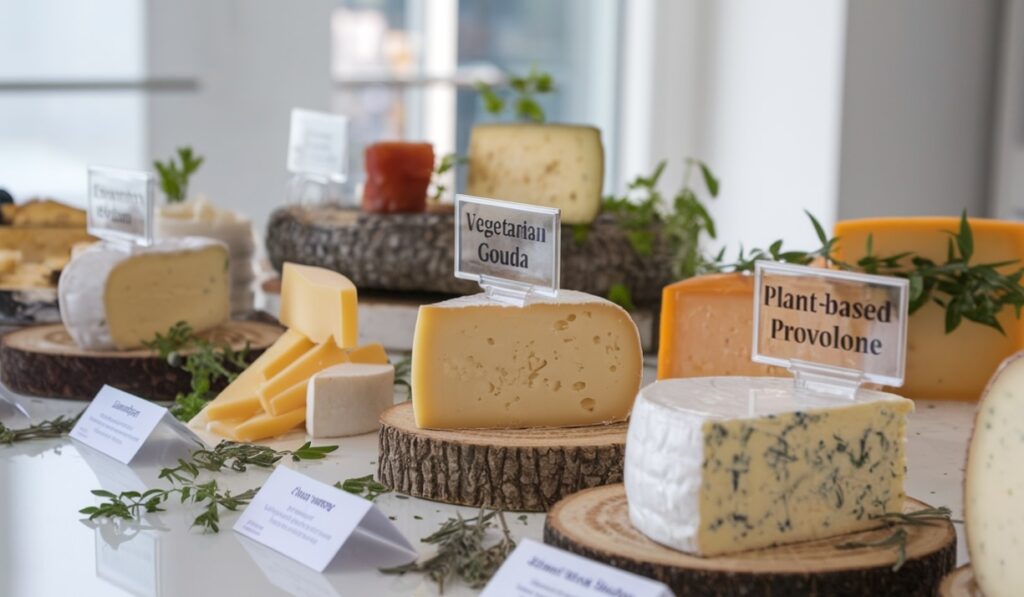
If finding vegetarian Gouda feels like an uphill battle, consider exploring alternatives. Cheeses like cheddar, mozzarella, or even plant-based cheeses can offer similar flavors and textures.
“When you can’t find the Gouda you love, remember—it’s not the end of the cheese board!” 🧀✨
FAQs About Gouda Cheese and Vegetarians
Let’s dive deeper into some frequently asked questions to address the concerns vegetarians might have not just about Gouda, but about other types of cheese as well.
Can Vegetarians Eat Aged Gouda?
Aged Gouda, celebrated for its deep, caramel-like flavor and crumbly texture, is a true gourmet delight. However, its vegetarian status is determined by the production process. Traditionally aged Goudas are often made using animal-based rennet, which renders them unsuitable for vegetarians. For those seeking vegetarian options, it’s essential to look for aged Gouda specifically labeled as made with vegetarian rennet, ensuring that the cheese aligns with dietary preferences while still delivering the rich taste and texture that make it so beloved.
However, many modern cheesemakers now produce aged Gouda using vegetarian-friendly microbial or plant-based rennet. If you’re unsure, it’s best to look for clear labeling on the packaging or research brands that specialize in vegetarian cheese.
Pro Tip: Aged Gouda pairs beautifully with figs, almonds, and honey. For vegetarians, double-check the label so you can enjoy your cheese board guilt-free! 🧀✨
Are There Vegan Versions of Gouda?
Absolutely! Vegan Gouda is an excellent option for those avoiding animal products entirely. While it’s made without dairy, vegan Gouda mimics the creamy, meltable qualities of traditional Gouda through innovative techniques and plant-based ingredients like:
- Cashews or Almonds: Provide a rich, creamy base.
- Coconut Oil: Adds fat for texture and meltability.
- Natural Flavorings: Replicate Gouda’s nutty, sweet taste.
Some popular vegan Gouda brands include Violife, Follow Your Heart, and Miyoko’s Creamery. Whether you’re using it in recipes or on a cheese board, vegan Gouda is a great alternative for plant-based diets.
Does Gouda Contain Hidden Additives?
For the most part, Gouda cheese contains simple ingredients—milk, cultures, rennet, and salt. However, it’s always good to check labels for additional additives. Some common ingredients include:
- Annatto: A natural coloring agent often used to give Gouda its golden hue. It’s plant-derived and vegetarian.
- Preservatives: Used in commercial cheeses to extend shelf life.
- Flavorings: Added in specialty varieties, like smoked or herb-infused Gouda.
If you’re concerned about additives or prefer minimally processed foods, stick to artisanal or organic Gouda cheeses.
Is Provolone Vegetarian?
Provolone, like Gouda, can be a tricky cheese for vegetarians. Traditional Provolone, like many classic cheeses, is made using animal-based rennet, which involves enzymes extracted from the stomach lining of calves. This production method makes it unsuitable for vegetarians. While the traditional process preserves the cheese’s authentic flavor and texture, vegetarians looking to enjoy Provolone must seek out modern alternatives made with microbial or plant-based rennet, which are increasingly available in the market. Always check labels or contact manufacturers to confirm the rennet source. However, some brands now produce Provolone with microbial or plant-based rennet to cater to vegetarian diets. Discover more about vegetarian cheese-making alternatives in our article on everything about vegetarian cheese.
To find vegetarian-friendly Provolone, check for:
- Labels indicating the use of “vegetarian rennet” or “microbial rennet.”
- Certifications like “suitable for vegetarians.”
If in doubt, reach out to the manufacturer for clarification.
Which Cheese Has No Rennet?
Some cheeses are naturally made without rennet, making them vegetarian-friendly by default. These cheeses typically rely on acid, heat, or bacterial cultures for curdling. Common examples include:
- Paneer: A staple in Indian cuisine, made by curdling milk with lemon juice or vinegar.
- Ricotta: Traditionally made from whey and acidified to form curds.
- Cream Cheese: Made using bacterial cultures instead of rennet.
- Cottage Cheese: Curdled with acid rather than enzymes.
These cheeses are excellent options for vegetarians who want to avoid the rennet dilemma entirely. If you’re looking for inspiration, browse through our healthy dairy recipes.
What Cheese Can Vegetarians Eat?
Vegetarians can enjoy a wide variety of cheeses as long as they’re made with vegetarian-friendly rennet. Here’s a quick guide to finding suitable options:
- Cheeses Commonly Made with Vegetarian Rennet:
- Cheddar (select brands)
- Gouda (vegetarian varieties)
- Mozzarella (microbial rennet options)
- Parmesan (look for vegan or vegetarian-certified versions)
- Cheeses Without Rennet:
- Paneer
- Ricotta
- Cream Cheese
- Cottage Cheese
- Look for Certified Brands: Some cheese brands specialize in vegetarian-friendly products. Examples include:
- Amy’s Kitchen: Offers a range of rennet-free cheese products.
- BelGioioso: Produces vegetarian-friendly Mozzarella.
- Whole Foods 365 Brand: Often features vegetarian options.
Always check the packaging for phrases like “vegetarian rennet” or certifications that confirm suitability for vegetarians.
How Can I Tell if a Cheese Is Vegetarian?
Identifying vegetarian cheese can sometimes feel like a scavenger hunt, but these tips can help:
- Read the Label: Look for terms like “vegetarian rennet,” “microbial rennet,” or “suitable for vegetarians.”
- Research the Brand: Many brands are transparent about their production methods on their websites.
- Contact the Manufacturer: If you’re unsure, reach out to the company for clarification.
Quick Tip: Some stores, like Whole Foods, label their vegetarian-friendly cheeses in the deli section to make shopping easier.
Conclusion
Navigating the world of cheese as a vegetarian can feel like a daunting task, but it doesn’t have to be. With the right knowledge, you can enjoy Gouda and other cheeses without compromising your dietary choices. Whether you’re savoring a slice of vegetarian-aged Gouda, exploring vegan alternatives, or sticking to naturally rennet-free cheeses, there’s no shortage of delicious options for you.
“Remember, being a vegetarian doesn’t mean giving up on cheese—it just means choosing wisely!” 🧀💚
Conclusion
In the world of cheese, Gouda holds a special place, and thankfully, vegetarians don’t have to miss out on this delicious treat. While traditional Gouda often uses animal-based rennet, vegetarian-friendly options are widely available if you know where to look.
To sum up:
- Always check the label for mentions of vegetarian or microbial rennet.
- Seek out brands that clearly cater to vegetarians.
- Consider vegan alternatives for a plant-based twist on Gouda.
Remember, enjoying Gouda as a vegetarian is all about staying informed and making thoughtful choices. With a little research and attention to labels, you can find Gouda varieties that align with your dietary preferences. Whether you’re savoring it on a crispy cracker, melting it into a gooey dish, or relishing a smoky slice, there’s a perfect Gouda out there for everyone to enjoy. 🧀💚
“Life is too short to skip the cheese—just make sure it aligns with your values!” 😊
